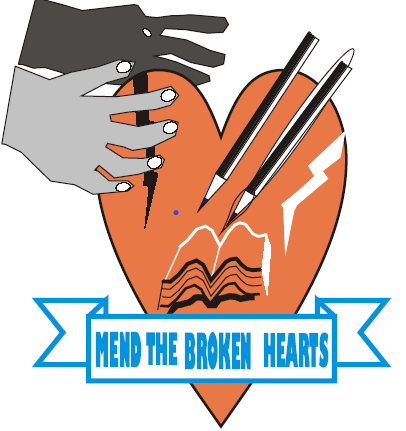menu
close


Programme goal: To increase avenues through which families with the orphans and other vulnerable children can raise incomes and provide essentials for their children and secure their future through educating them.
This programme works in 6 districts in south western which are Mbarara, Isingiro, Kabale, Kanungu and Rukungiri.According to the Ugandan census 2014 these districts had a total population of orphaned children at 117,795. MBHU however targets to work with 50,000 orphans in these districts by 2025.
MBHU has established that Most of these children live in extended families where most orphans have traditionally been raised by relatives and friends, Research shows that one in four households in Uganda fosters at least one orphan by providing for health, shelter, nutrition, education and other needs. However, many of these care givers are overburdened and often lack the socio-economic capacity to provide care and support for these children and therefore are prone to many forms of abuse.
In the recent years we have seen a new phenomenon of children living their homes to the streets of major towns and city. Many children who live on streets face exploitative conditions of labor, sexual abuse, prostitution, drug and substance abuse, participation in criminal activities and many other unfit acts. While some are living in child headed households where they have to cater for themselves and support their siblings. Some of these children are infected with HIV either through mother to child transmission, early sexual experimentation for survival or through defilement. As one of its core mandate MBHU puts much emphasis aimed at protecting children from harm, abuse, neglect and exploitation.
MBHU believes that orphaned children should enjoy equal rights and opportunities with other children. For this reason, we direct our work along five major CPAs i.e. economic strengthening, education, PSS and basic care, and child rights protection.


Activities: